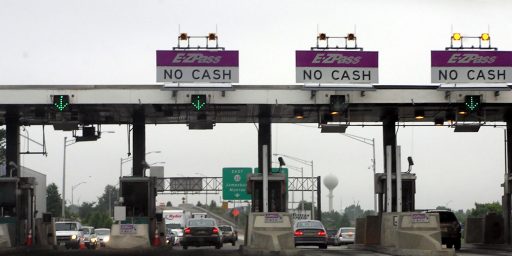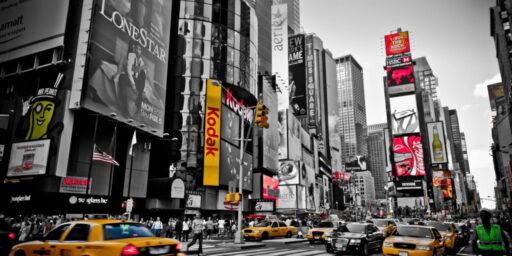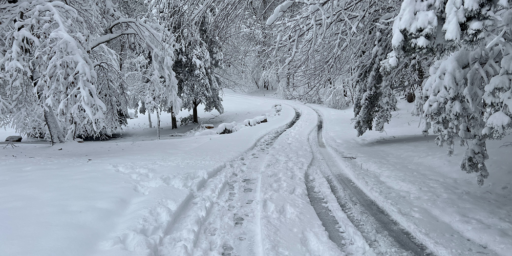HIGHWAYS
Donald Sensing discusses speed limits and, specifically, why the German Autobahn is much safer than the US interstate system (despite the fact Eisenhower modeled it after the Autobahn).
In addition to Don’s comments, with which I am in total agreement, having driven on the Autobahn myself (1989-92), I’d add:
The Autobahnen are designed for long distance driving and have relatively few exits in light of this. In the US, when driving through major cities the interstates are clogged with local traffic with exits every half mile or so. That is just idiotic.
Also, the Germans regulate when military convoys and large trucks can be on the road. Eighteen-wheelers shouldn’t be on the major roads during rush hour. They clog up the roads, block people’s line of sight, serve as moving road blocks because they can’t maintain momentum on hills, and are otherwise unwieldy and aggravating.






I think cars must also pass much more austere inspections to be allowed on the Autobahn.
Yep. Indeed, many US states require no inspections at all.
Been on the autobahn myself… you haven’t seen a traffic jam until you’ve been in a ‘stau’, which incidentally, is sometimes caused by those ‘prohibited’ trucks trying to pass each other at 90 km/h when everyone else is trying to go 130+.
But if anyone needs autobahn-style-expressways, it’s us, what with several times the population and geographic size.
Hmmm, this doesn’t quite jibe with my experience. Whenever I’ve driven in Europe, I’ve been astounded at the number of large truck on the highways. I’ve never counted or anything, but it seems like there are far more big trucks on the roads than in the U.S.
—